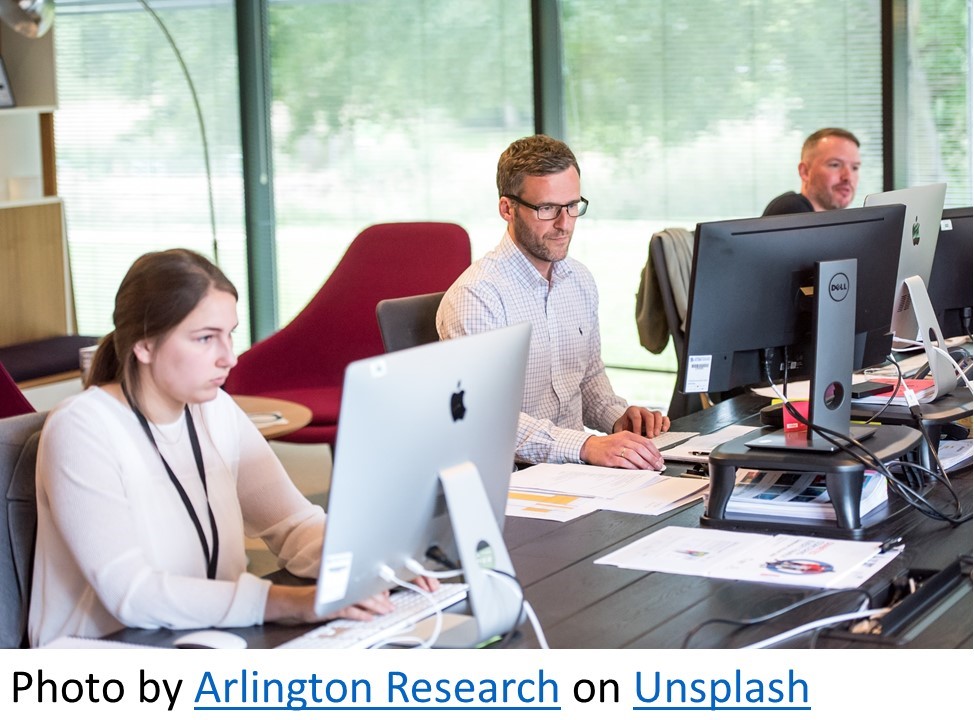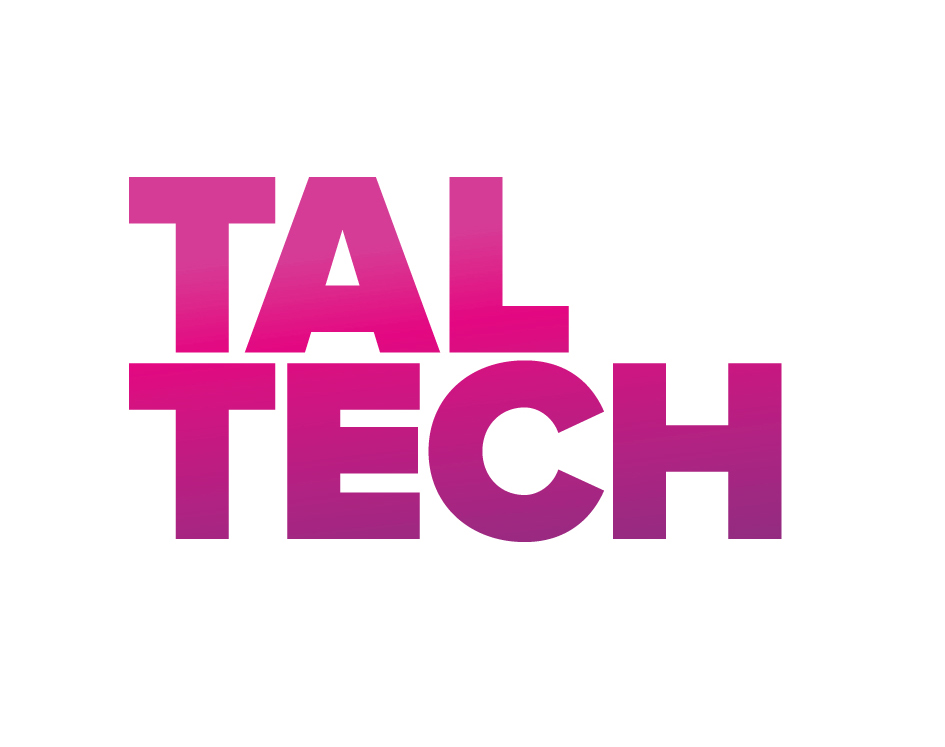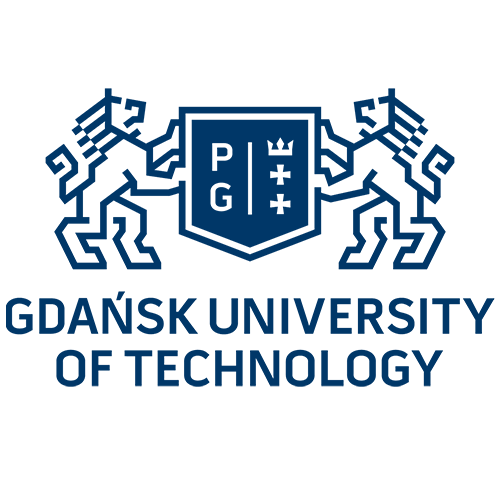Knowledge Pills for KIBS SMEs
Topic outline
-
Upon successful completion of the Knowledge Pills course for KIBS SMEs, learners will be able to:

- Develop a(n) better/improved understanding of knowledge management (KM) and its process.
- Be familiar with possible challenges associated with the implementation of KM processes.
- Get a sense of practical solutions to overcome the challenges that hinder the implementation of KM processes.
- Be aware of a number of knowledge risks, and proposing strategies to mitigate these risks
- Become familiar with the link between KM and human resource management and other KM related aspects.
-
Dear Learner,
In this course, you will find a variety of knowledge pills on topics related to knowledge management in knowledge-intensive business services (KIBS).
The pills are in two forms: a video and a PDF file, where you have the presentation with explanations. The pills are organized into several categories. At the end of each pill you can also find a short quizz checking your absorption of the material.
Good luck and enjoy the learning!
-
 The purpose of this introductory module is to make you gain general knowledge and awareness on knowledge management in KIBS SMEs; and thereby, to help you become able to introduce change agents in your workplaces.
The purpose of this introductory module is to make you gain general knowledge and awareness on knowledge management in KIBS SMEs; and thereby, to help you become able to introduce change agents in your workplaces.The module is composed of the following parts:
-
This pill presents briefly what knowledge management is and what are knowledge management practices that can be used in KIBS SMEs.
-
This pill presents what kind of conditions need to be met for the organization to implement knowledge management and what kind of problems can make it impossible or difficult.
-
This pill explains what a knowledge strategy is and presents two types of KM strategies, namely emergent and deliberate KM strategy.
-
This pill presents a range of KM systems that are suitable for KIBS SMEs to use for productivity, collaboration, learning and innovation purposes.
-
This pill presents an example of what a manager/owner can do to start implementing KM in their organization.
-
This pill introduces popular tools that can be used to gather knowledge, share knowledge and information, work in groups, and protect knowledge.
-
This pill presents some of the most widely used knowledge management practices in European KIBS SMEs.
-
-
 This section discusses knowledge as a valuable resource in the company that requires not only management, but also protection.
This section discusses knowledge as a valuable resource in the company that requires not only management, but also protection.The module is composed of the following parts:
-
This pill presents the difference between various forms of knowledge and their value for organizations.
-
This pill summarizes the objective knowledge's value as a core organizational resource.
-
This pill discusses the perceived benefits of subjective knowledge as a valuable organizational resource.
-
This knowledge pill is about discerning the worth of spiritual insights as an indispensable organizational resource.
-
This pill is about the three types of knowledge and how they transform from one into another.
-
-
 This section discusses various ways of managing documents, their classification and standardization.
This section discusses various ways of managing documents, their classification and standardization.The module is composed of the following parts:
-
The pill is about the importance of document classification and the possible approaches seen under a KM perspective.
-
The pills offers suggestions on how to obtain effective document standardization, simplify and speed up content writing and understanding.
-
This pill examines how to properly write companies’ knowledge in a way that facilitates understanding (and reuse) of knowledge in a document by others.
-
The pill deals with developing a sharing-oriented culture, essential condition for effective knowledge management.
-
-
 This module discusses ways of identifying and selecting valuable knowledge, as well as various strategies of knowledge retention and protection.
This module discusses ways of identifying and selecting valuable knowledge, as well as various strategies of knowledge retention and protection.The module is composed of the following parts:
-
Pill contains information on how to create knowledge inside a company and how to acquire it from external sources.
-
This pill presents the ideas of valuable knowledge and knowledge overload.
-
The pill illustrates how to identify and access sources where to find the knowledge needed to deliver valuable services.
-
This pill presents the latest strategies for preserving and harnessing knowledge within your organization.
-
This pill uncovers the barriers to knowledge retention in KIBS SMEs and explore strategies like implementing training programs and fostering open communication to enhance organizational performance.
-
This pill showcases knowledge retention practices in KIBS SMEs, including knowledge management systems, document management systems, and social media platforms.
-
This pill delves into the significance of knowledge retention for KIBS SMEs, enabling them to adapt quickly to market changes, anticipate problems, and gain a competitive edge.
-
This pill contains basic information on how to protect company know-how and knowledge from cybercrime.
-
This knowledge pills explains the importance of preserving knowledge, as well as the best practices one can have in mind to store and maintain it.
-
This pill explains what knowledge pills are and how to create (in different formats) and diffuse them to transfer knowledge, especially for new hires.
-
-
 This module discusses ways of knowledge sharing and transfer, as well as provides an overview on promoting a sharing-oriented culture.
This module discusses ways of knowledge sharing and transfer, as well as provides an overview on promoting a sharing-oriented culture.The module is composed of the following parts:
-
The pill describes what knowledge sharing is, its importance, and possible approaches or methods.
-
The pill deals with developing a sharing-oriented culture, essential condition for effective knowledge management.
-
This pill introduces the basics of knowledge transfer, gives tips on how to do it effectively, and explains the difference between formal and informal channels of knowledge transfer.
-
The pill describes the use of regular meetings for knowledge sharing, transfer, and development.
-
The pill describes an efficient knowledge transfer process, and explains the factors that foster and hinder knowledge transfer in organizations.
-
This pill explains knowledge hiding, the intentional concealment of information for various reasons. In KIBS SMEs, it can safeguard competitive advantage but hinder trust and collaboration.
-
This pill is about understanding what a community of practice means and what are the right steps to take in order to develop one.
-
This pill presents the importance of developing eLearning in KIBS through Knowledge Management lenses.
-
-
 This module discusses some topics related to knowledge management in the context of Human Resources Management, for example issues related to knowledge transfer to new hires.
This module discusses some topics related to knowledge management in the context of Human Resources Management, for example issues related to knowledge transfer to new hires.The module is composed of the following parts:
-
This pill is about the challenges and approaches or methods to facilitate training and transfer of knowledge to newly hired staff.
-
This pill introduces knowmads workers and differentiating them from knowledge workers.
-
This pill is focused on detailing knowmad skills and how to attract them as efficient business partners.
-
-
 This module discusses various risks related to knowledge, such as knowledge loss, knowledge hiding or knowledge hoarding.
This module discusses various risks related to knowledge, such as knowledge loss, knowledge hiding or knowledge hoarding.The module consists of the following parts:
-
These knowledge pills provide insight into the risks associated with knowledge and offers a step-by-step approach for managing and reducing these risks.
-
This pill explores strategies for small businesses to mitigate knowledge loss attrition and sustain competitiveness in the market.
-
This pill will take you on a journey through the possible factors (causes) that threaten your organization's knowledge.
-
This pill delves deep into the potential consequences that can arise from the loss or attrition of knowledge.
-
This pill uncovers effective strategies and practical insights for the protection of your organization's knowledge.
-
This pill unravels the mysteries of unlearning and intentional forgetting, and valuable insights into their benefits and consequences are provided, as well as recommendations.
-
-
 This module discusses various issues related to knowledge application in different situations and context.
This module discusses various issues related to knowledge application in different situations and context.The module consists of the following parts:
-
This pill is about how to apply the knowledge a company owns and develops to deliver services and create value for the customer and the business
-
This pill introduces the basics of knowledge application and explains the differences between knowledge application in operational management and project management.
-
-
 This section contains other interesting materials related to knowledge and its management.
This section contains other interesting materials related to knowledge and its management.-
This pill presents the concept of knowledge pills and its usefullness in training.
-
This pill is focused on the implications of neuroplasticity on the knowledge transformations.
-
This pill explains why knowledge sharing does not create new knowledge and how organizations with a high level of entropy usually adopt a specific organizational culture to foster cooperation and autonomy.
-
This pill is about understanding the importance of intellectual capital management for converting intangible potential into economic value.
-
This pill explains the role of intangible assets as crucial resources for business success.
-
This pill presents the KIBS profile with a focus on the areas of excellence in which KIBS compete.
-
-
 In this section you may find all the quizzes from the knowledge pills presented above.
In this section you may find all the quizzes from the knowledge pills presented above. -

KNOWMAN is an Erasmus+ project designed by a consortium of organizations from Estonia, Italy, Poland and Romania, aming to design and offer an open-access friendly and interactive educational platform in the field of knowledge management for knowledge-intensive business services (KIBS) small and medium-sized enterprises (SMEs). More details are available here
Project website: https://knowmanproject.eu/
Project partners:





This project has been funded with support from the European Commission. This website and its whole content reflect the views only of the author, and the Commission cannot be held responsible for any use which may be made of the information contained therein. PROJECT NUMBER 2021-1-EE01-KA220-VET-000032944.

-
Contact persons:
Tallinn University of Technology (TalTech): Samuel Foli (samuel.foli@taltech.ee)
Gdańsk University of Technology (GUT): Malgorzata Zieba (mz@zie.pg.gda.pl)
University of Padua (UNIPD): Ettore Bolisani (ettore.bolisani@unipd.it)
The National University of Political Studies and Public Administration (SNSPA): Alexandra Zbuchea (alexandra.zbuchea@facultateademanagement.ro)